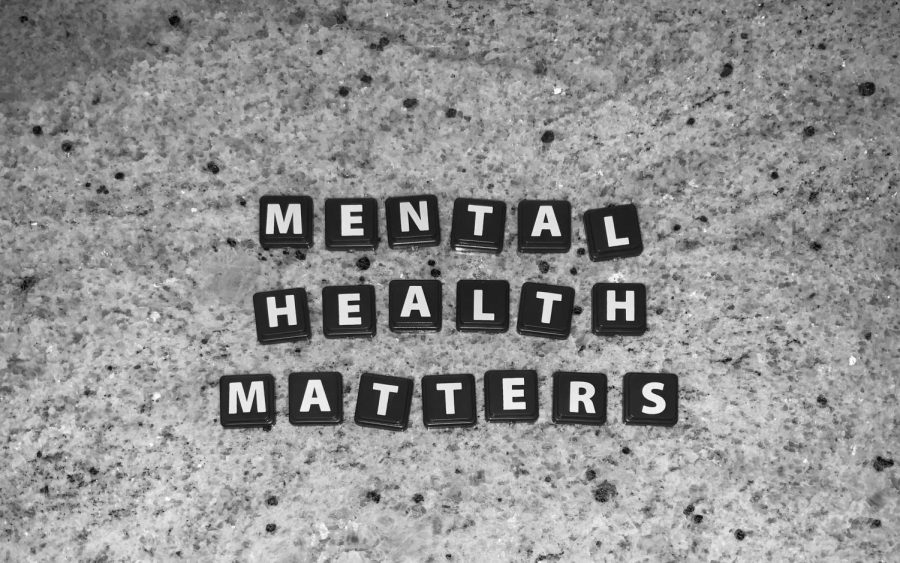Mental health encompasses our emotional, psychological, and sociological well-being. Prioritizing mental health is critical because it affects how one feels, thinks, and lives day-to-day life. It can have an effect on anyone of any age.
According to a study done by the University
of Oxford, 792 million people live with a mental disorder. This roughly translates to more than one in ten people globally. Statistics from the National Alliance on Mental Health show 73% of college students experience some sort of mental health crisis in college.
Relationships play a key role in defining levels of confidence and social standing. Interactions and relationships with other people can be affected by mental illness. Studies have shown that those with fulfilling relationships with family, friends, and their community live longer, healthier lives.
A healthy body helps promote a healthy mind. There’s a strong correlation between mental and physical health. Physical health problems can affect mood, energy, and concentration levels increasing the risk for mental health problems. Mental illness can also have an effect on immune systems resulting in the body’s ability to cope with illness.. The mind-body connection makes mental health awareness extremely crucial.
Staying consistent in taking care of one’s emotional well-being can lead to more productivity in daily life. The World Health Organization reports almost 200 million workdays are lost each year to depression alone. Seeking the appropriate treatment is just as important as identifying the problem. Self-care, physical activity, or if necessary, medication can all have significant impacts that could improve or worsen symptoms. This makes it critical to find the right personal treatment as everyone’s biological makeup is different.
Colleges and universities across the country have begun to recognize the importance of offering these services to students. For example, San Diego Mesa College students who have Kaiser medical insurance are eligible for free subscriptions to the Calm App and the MyStrength App. Both apps help support and improve mental health. Students can also receive services from a licensed therapist for free through Mesa. The more the stigma is broken the more individuals will receive help.
The stigma surrounding mental illness has caused more people to not seek treatment than seek it. The public stigma associated with mental health includes discriminatory attitudes and negative assumptions. Available resources have been limited as it isn’t seen as important as other health problems. Having better access to resources and tips as well as creating open conversations can help eliminate the shame of living with mental illness and help get on the path to a healthy mind and body.




